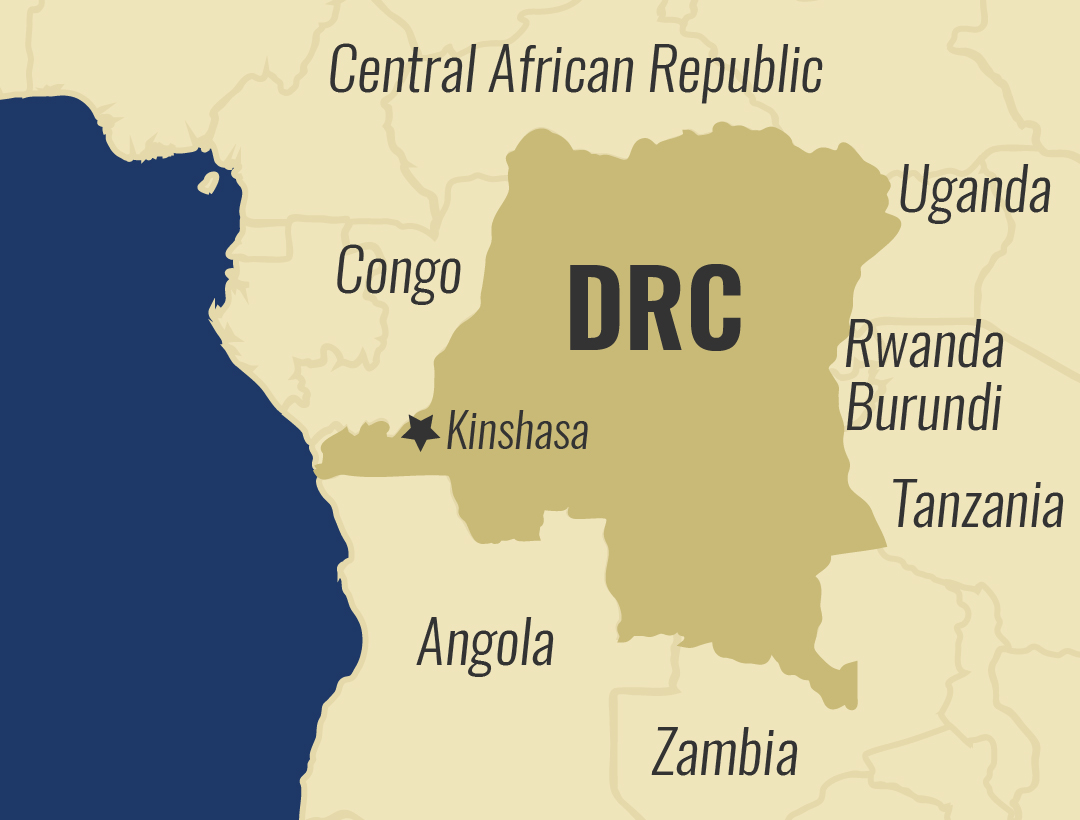Faces of Africa – Be My Eyes, Part 1
According to World Health Organization, at least 235 million people live with vision impairment. Also, uncorrected refractive errors and unoperated cataract are the top two causes of vision impairment. However, over 80% of all vision impairment can be prevented or cured.

Amandine Uwizeye , an orphan, is a Burundi national. She and her two siblings were raised by their grandmother who later died. Her elder sister however fled the country following political unrest in Burundi.
Ten years ago, Amandine got involved in a car accident that left her partially blind. This made it difficult for her to read, get exposed to high or low brightness as it hurts her eyes. As a result, her educational level halted in high school. Joining the university was just but a dream.
Amandine says, “I noticed my right eye was getting more blind. Eventually the eye got completely blind. I get sad because I am too young to be blind”.

Unable to find work, Amandine works for her cousin as a nanny. She also does house chores.
Dr. Chen Yanjun, is an ophthalmologist from China. She has been coming to Burundi for the last 12 years, with 2006 being her first. This is her fourth mission and each mission lasts two years.
Dr. Chen recounted, “It was my first time working in a foreign country. I wanted to work hard and help people in Africa. I looked forward to it and thought it was mysterious”.

Based on her findings, Dr. Chen comments, “I think between Burundi and China the standard of healthcare is very different. The most basic equipment is missing. What this hospital lacks most are doctors”.
With Dr. Chen in the country, Amandine goes for an eye examination. The results are out. Amandine’s right eye has a cataract. Dr. Chen has directed for an operation to be done.

“The only thing I had in my mind was the operation. I was afraid and thought it was going to hurt. I wondered if I was going to stay alive. My only worry was to survive and to be healed” Amandine stuttered.

Many patients seek medical treatment too late and are already blind. This is as a result of poor healthcare and economic constraints.





